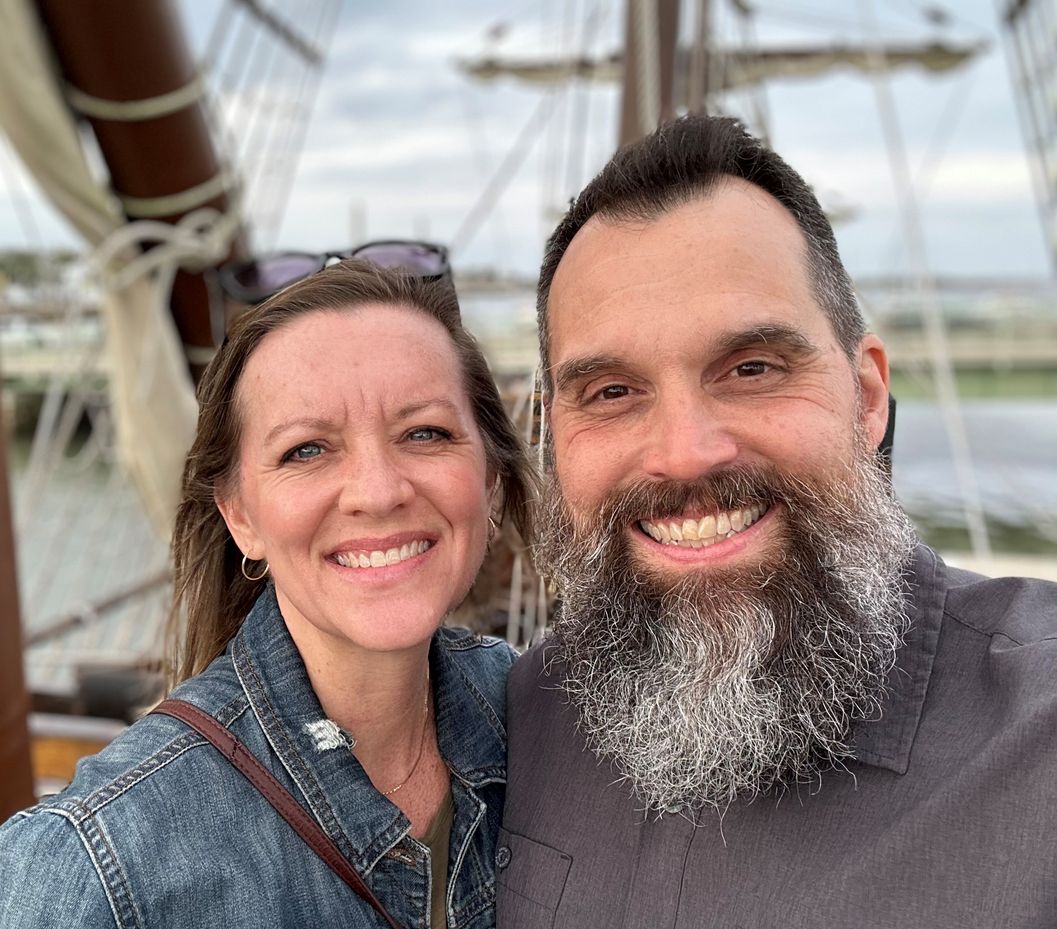Washington state’s foster care system has faced numerous challenges in recent years, with children being forced to sleep in hotels, state offices, and even cars due to the lack of available foster homes. This crisis has highlighted the urgent need for stable and loving foster families to provide care for vulnerable children in the state. However, despite the desperate need for foster parents, state officials have been turning away longtime Christian foster parents who refuse to use children’s opposite-sex pronouns.
The decision to turn away Christian foster parents who do not adhere to using children’s opposite-sex pronouns has sparked controversy and raised concerns about religious freedom and discrimination in the foster care system. Some argue that foster parents should be able to practice their religious beliefs while providing care for children in need, as long as they are able to provide a safe and loving environment. However, others believe that all foster parents should be required to follow certain guidelines and respect the identities and preferences of the children in their care.
The issue of using children’s opposite-sex pronouns has become a sensitive and complex topic in the foster care system, as it involves balancing the rights and beliefs of foster parents with the well-being and identity of the children in their care. While some may argue that using opposite-sex pronouns goes against their religious beliefs, others believe that respecting children’s identities and preferences is essential for their emotional and psychological well-being. Finding a balance between these competing interests is crucial for ensuring that children in the foster care system receive the support and care they need to thrive.
The controversy surrounding the decision to turn away Christian foster parents highlights the challenges and complexities of the foster care system, particularly when it comes to issues of religious freedom and LGBTQ rights. It also underscores the importance of recruiting and supporting a diverse range of foster families who can provide culturally sensitive and affirming care for children in need. By addressing these issues and working towards a more inclusive and supportive foster care system, Washington state can ensure that all children have the opportunity to grow and thrive in safe and loving environments.
In conclusion, Washington state’s foster care crisis has brought to light the urgent need for stable and loving foster families to provide care for vulnerable children. However, the decision to turn away Christian foster parents who refuse to use children’s opposite-sex pronouns has sparked controversy and raised concerns about religious freedom and discrimination. Finding a balance between the rights and beliefs of foster parents and the well-being of children in care is crucial for creating a more inclusive and supportive foster care system. By addressing these complex issues and working towards greater understanding and cooperation, Washington state can ensure that all children have the opportunity to receive the care and support they need to thrive.









